Call to Ban Commercial Fishing in NZ Waters
- 27 March 2023
- The Vegan Society
Today is World End of Fishing Day, and marks the fact that trillions of fish are killed every year, many not even eaten, just waste products of another fishery. Fisheries globally are overfished, with many on the brink of extinction. The long finned eel is one such species in Aotearoa. Yet the government allows 100 tonnes of these eels to be caught commercially and exported, and untold numbers are caught by individuals. Clearly this is unsustainable and cannot be allowed to continue.
“Fish are not given the same kind of consideration that humans give to land animals, especially mammals, and as such are forgotten victims of our inhumanity. We poison their home, we kill them indiscriminately and with the worst kind of wasteful practices.” said Claire Insley, media spokesperson for the Society, “We need a total ban on commercial fishing and the establishment of more marine reserves in our offshore waters to protect our remaining species and allow declining species to recover.”
There are government reports about the problems for the eels, yet their fishing continues. Another famous “tradition” in New Zealand is whitebaiting. Four of the five whitebait species are endangered, yet the annual whitebaiting season continues unabashed. Sure, it is a month shorter on the West Coast, but there are few controls over how much whitebaiting goes on, or how much is taken.
Humans don’t need to eat fish. They don’t need huge, massive trawlers that scrape the seabed, removing all life that was there and taking everything in massive nets. Nothing stands a chance of surviving and so much bycatch is caught, estimates suggest 40% of sea creatures caught are “unwanted bycatch”. This is a hugely wasteful practice and one that cannot continue.
Even with line fishing there is bycatch, approximately 20% of species caught are unwanted. All bycatch is killed, this includes many undersized fish, which prevents future generations of fish.
New Zealand must seek to preserve the species currently at risk, once extinct, there is no coming back. Maui dolphins are often bycatch in many fisheries around Aotearoa, this already critically endangered species cannot continue to survive under these conditions. The Hauraki Gulf should be declared a Marine Sanctuary and a total ban on all fishing in the area should be enacted immediately.
According to the Department of Conservation, the following species are currently either threatened with or at risk of extinction in Aotearoa:
Freshwater
Of the species assessed, 76 percent of indigenous fish (39 of 51 species) and 26 percent of indigenous invertebrates (177 of 670 species) were classified as either threatened with or at risk of extinction in 2017 and 2018, respectively.
These include taonga such as:
Four of the five whitebait species (shortjaw kōkopu, giant kōkopu, kōaro, and īnanga), longfin eel (tuna), lamprey (kanakana/piharau), Stokell’s smelt, South Island freshwater crayfish (kēkēwai/wai kōura) and two of the three freshwater mussel species (kākahi/kaaeo/torewai)
Marine
22 percent of indigenous marine mammals (10 of 45 species), 9 percent of sharks, rays, and chimaeras (10 of 107 species). Also noted that there is not enough information to assess the conservation status (classified as data deficient) of 39 percent of sharks, rays, and chimaeras (42 species), and 67 percent of marine mammals (30 species). Also classified as data deficient were 60 species of marine invertebrates (15 percent of the identified species), but most of the existing species have not yet been described.
Enjoyed reading this? We think you'll enjoy these articles:
What’s in a Trademark?
What’s in a Trademark? 29 March 2024 The Vegan Society As more companies start to become more aware of the ingredients in …
NZ Vegan Chocolate Awards 2024
2024 NZ Vegan Chocolate Awards 25th March 2024 The Vegan Society One of the most wonderful foods our planet has to offer …
March is Nutrition Month
March is Nutrition Month 1 March 2021 The Vegan Society March is the month where we celebrate and focus on the nutritional …




